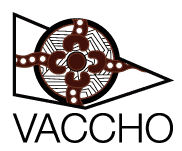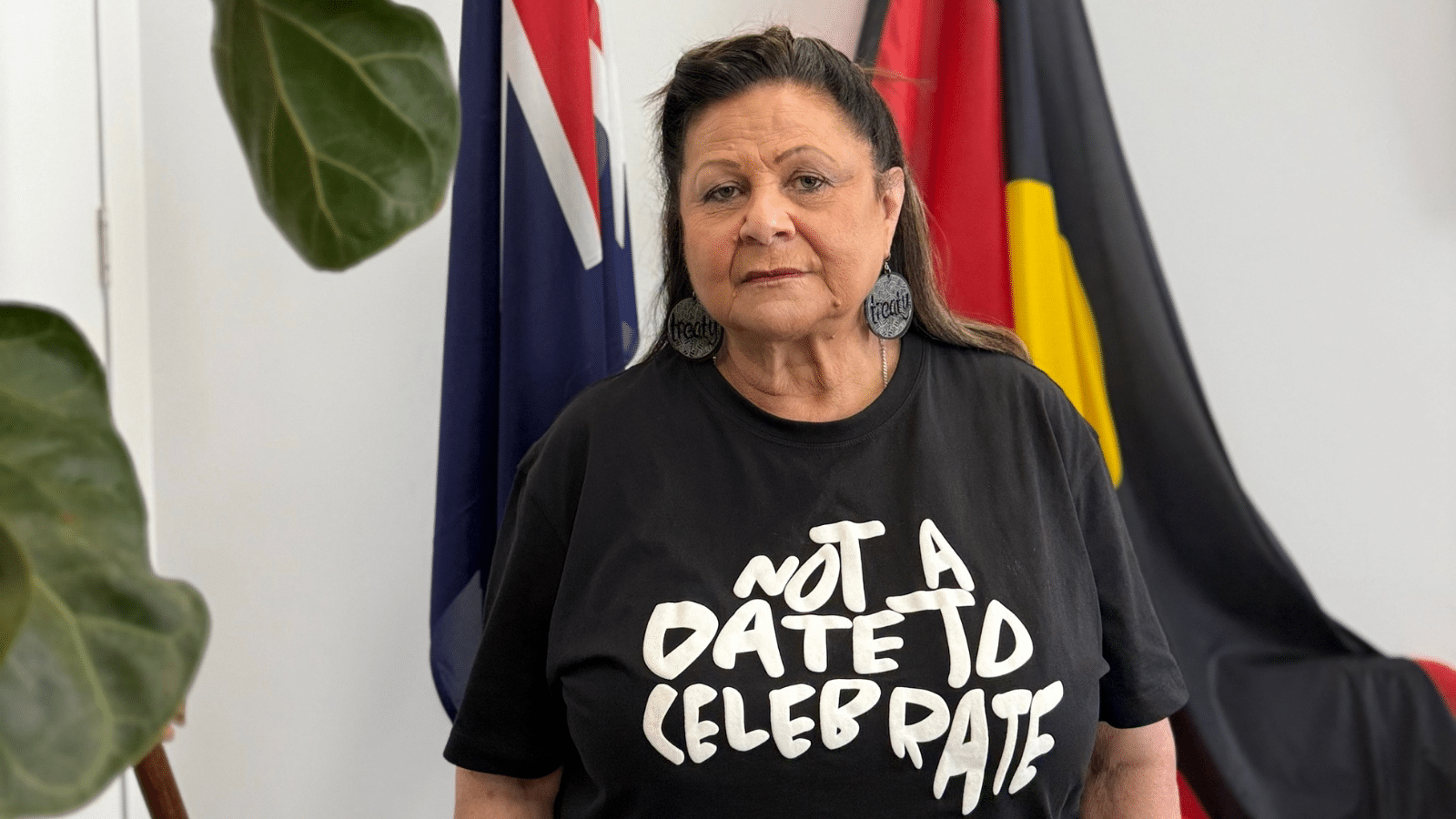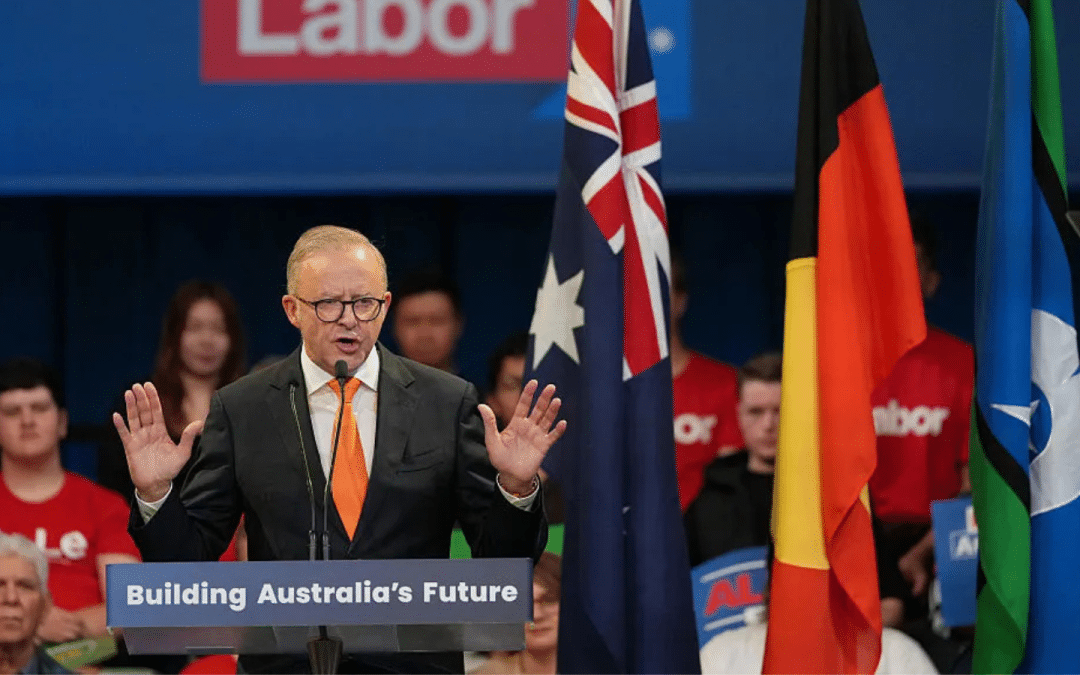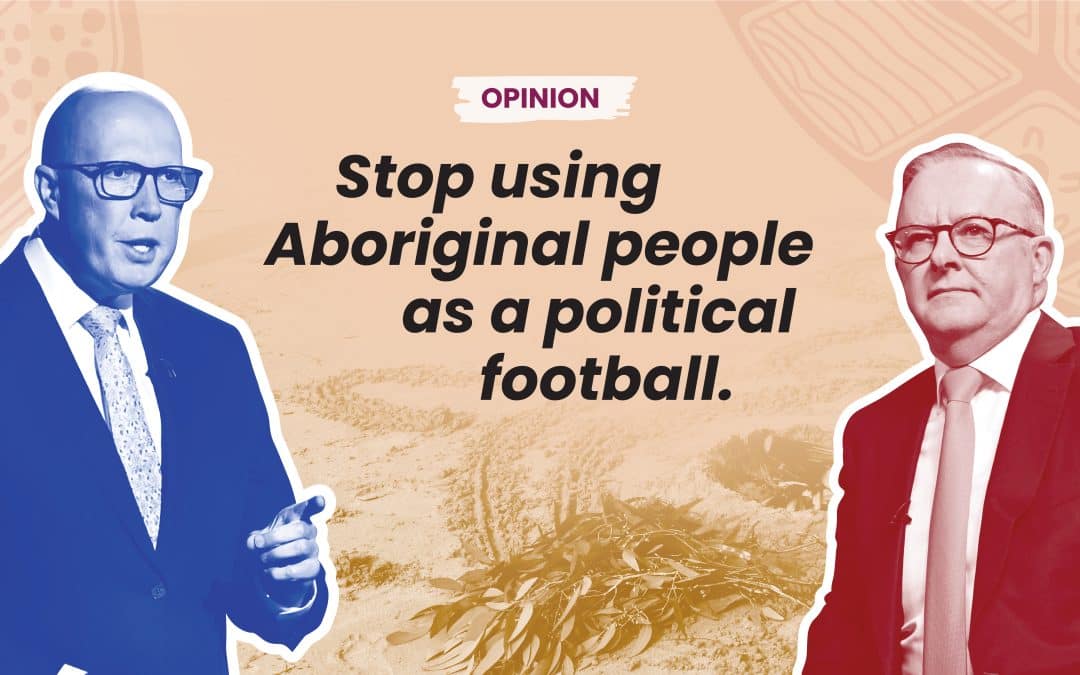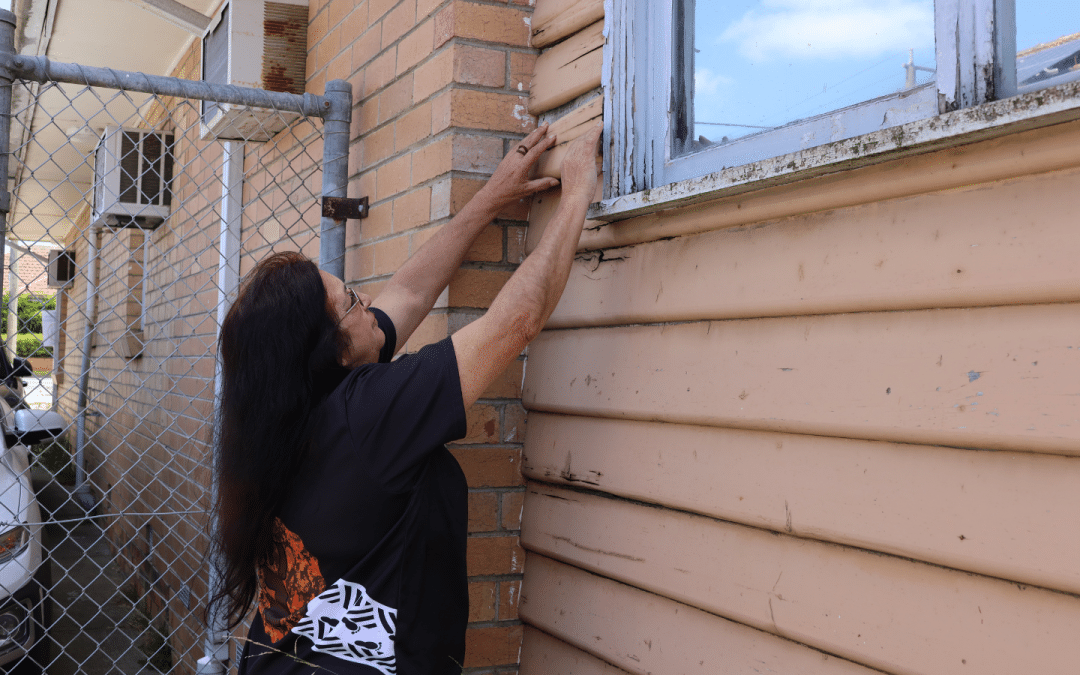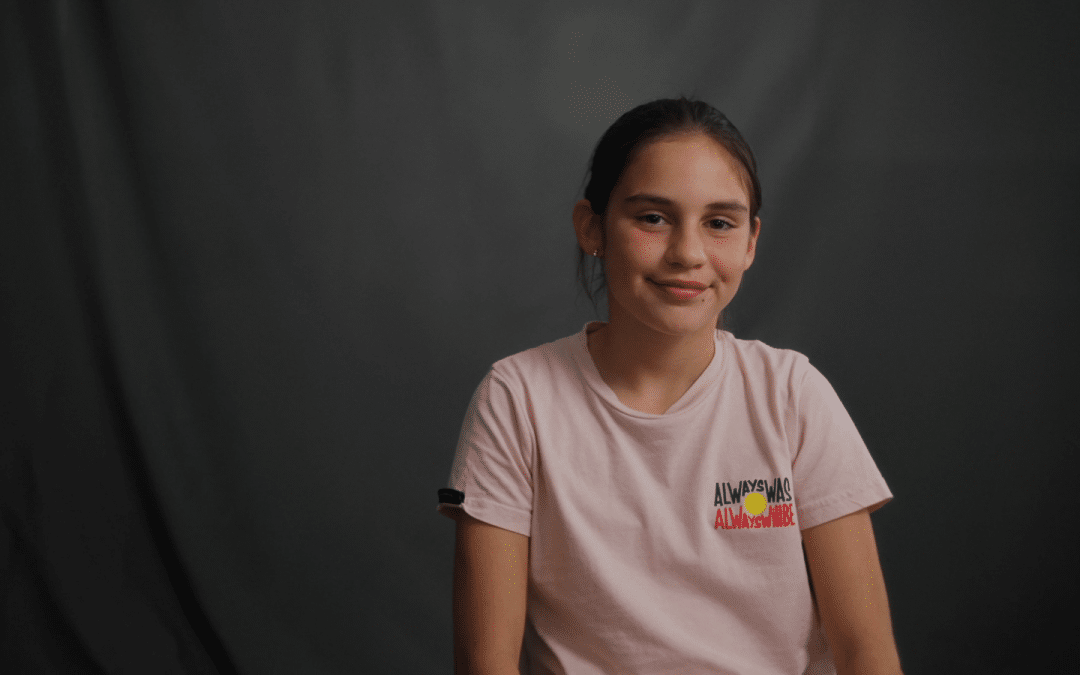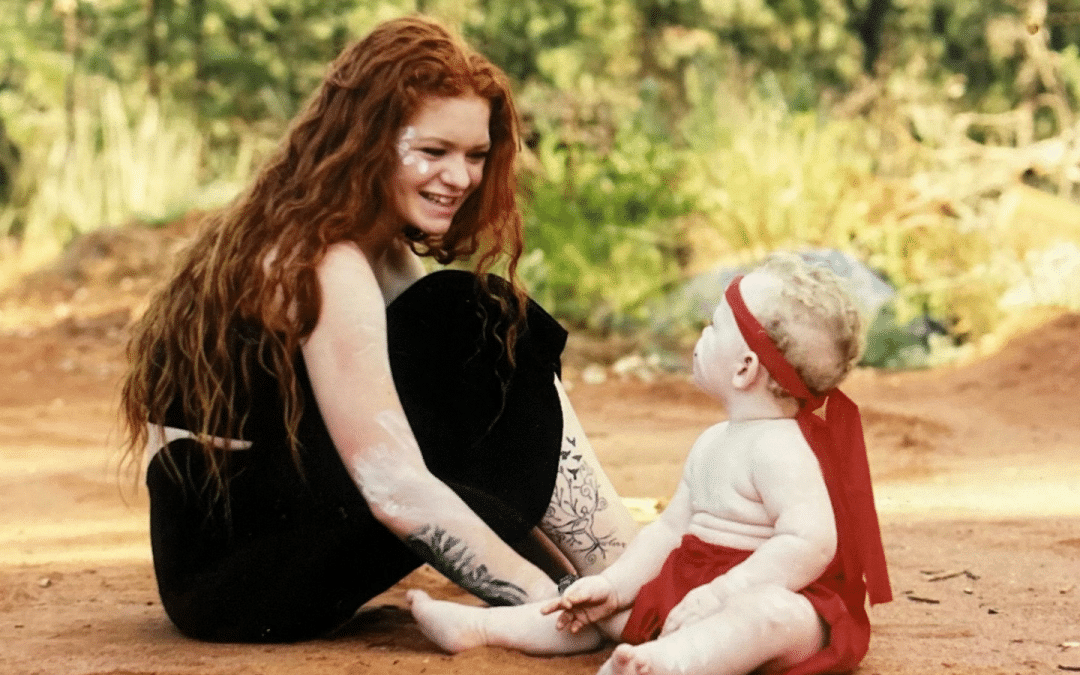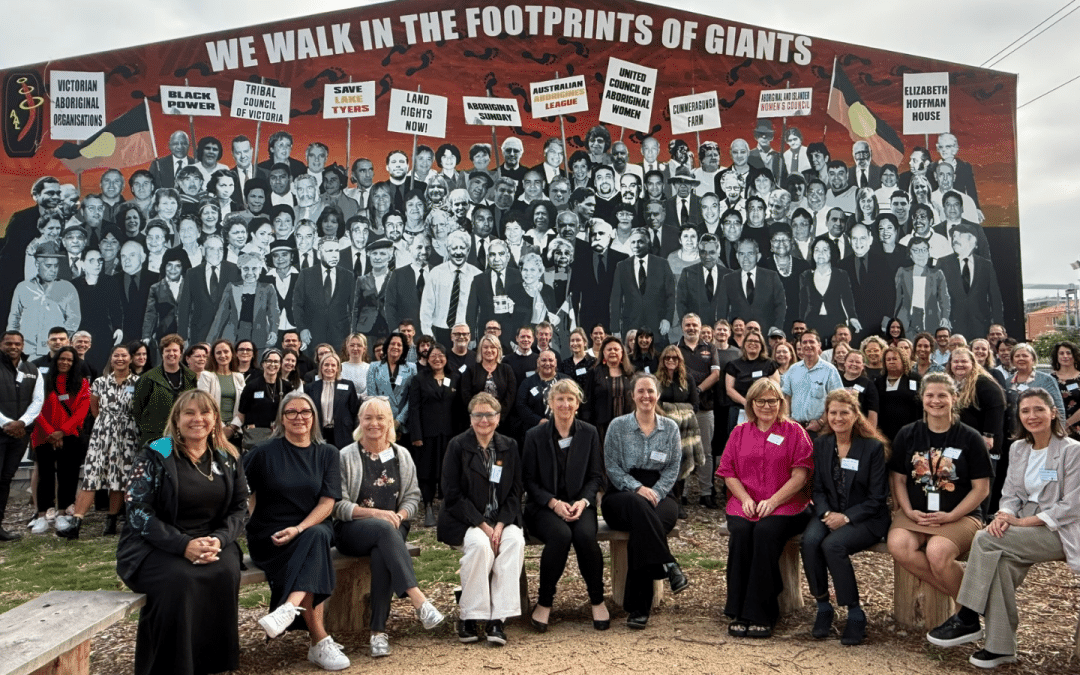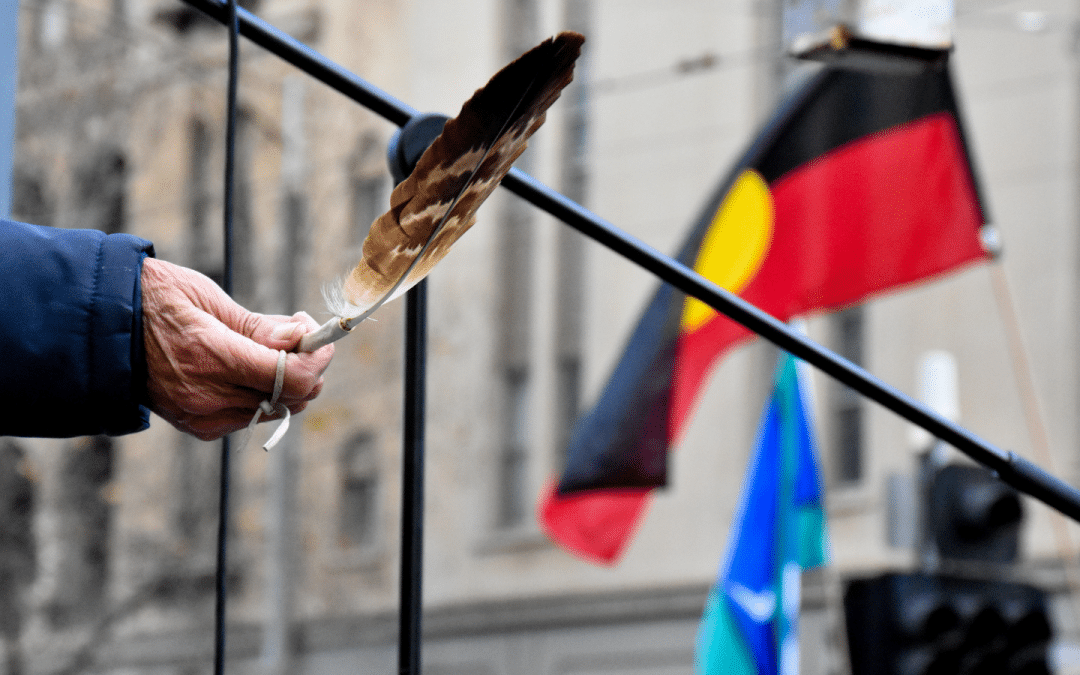Did you know that Australia is the only country in the world that celebrates its national day on the anniversary of its colonisation?
For many of the Commonwealth nations, their national days are usually recognised on dates of which independence was declared, a republic formed, or in the case of our neighbours across the ditch – a treaty made.
That’s why it makes absolutely no sense at all that we celebrate our national day on one that represents such deep hurt and suffering to the First Peoples of this country.
A day that marks the beginning of a brutal invasion that resulted in genocide, racism, and other atrocities against our people – not to mention the generations that have followed.
I want you to take a moment and imagine this.
Someone breaks into your home, steals all of your belongings and kidnaps your children. They then put you in a car and take you far, far away to a place where you are told you can no longer speak your language. No longer hold your children. You might not even know where your children are. How would you feel?
Imagine for years after that, you have to fight to see your children. Instead of support to seek justice for this horrendous event, you are blamed by your neighbours for not having good enough locks and a security system.
Now think, would you want to celebrate the anniversary of that day? Would you want to join a party that your neighbours throw on that day every year because they didn’t suffer what you did? A devasting and traumatic day that is undoubtedly etched on the minds and hearts of your family forever.
That is what celebrating Australia Day on January 26 feels like for Aboriginal and Torres Strait Islander peoples.
There are many Australians who argue to keep Australia Day on January 26. Polls suggest that the majority of Australians believe it’s a tradition that we must uphold and honour. But what tradition is that exactly?
Because Australia Day was only declared a national public holiday in 1994 – a little over 30 years ago. That’s barely one generation, let alone a ‘tradition’.
Prior to 1994, Australia Day was celebrated by the states and territories on a raft of different days for different reasons.
Hosting our National Day of Celebration on January 26 completely disregards the voices and lived experiences of our First Nations people.
We must find a different day for all Australians to unite and celebrate the many wonderful things about our great country. We must leave January 26 as a day of mourning. A day that should by reserved for commemoration, not celebration.
I wonder if part of the resistance to change the date is not due to insensitivity, but rather misinformation. I know that there are many Australians who do not know the true and violent history of this country. Most Australians were not taught that history.
But it’s important to know that the trauma experienced by my people is certainly not an ancient history.
My mother is 98 years of age, and she has survived almost a century of racism. Her trauma of having five of her children taken from her remains raw and vivid in her memory.
She remembers being put on a mission in Framlington in Western Victoria and being told she could no longer speak her language or practice her culture.
My mum’s lived experience is not unique. It is similar to so many other Aboriginals. A deep trauma that has been passed on to the generations that have followed her.
It wasn’t until I was in my teens that I was counted as a citizen of this country in the Australian Census.
These events are all part of our nation’s recent history, and it goes a little way to explaining the trauma that is felt by my people to this day.
I’ve heard some people say that changing the date won’t change anything for us. But I vehemently disagree.
Changing the date will show Aboriginal people that all Australians care. That they see us, and they hear us – and they no longer want to hurt us.
That they embrace the opportunity to learn from our history, to listen to our experiences and forge a path forward together that is respectful of all people who call this country home.
Australia’s culture is a rich and vibrant tapestry, one that is woven with threads from rich and diverse backgrounds. It boasts the oldest living culture in the world, a culture that belongs to all of us. An ancient culture that we can all be proud of.
Now that’s something to celebrate.
About the author
Jill is a proud Gunditjmara woman from Western Victoria and is an accomplished strategic leader, championing the needs and self-determined outcomes of First Nations communities in Victoria.
Jill has spent more than 26 years advancing Aboriginal health and wellbeing through her work with VACCHO and has over 30 years of experience in leadership roles.
As a respected Aboriginal leader who has dedicated her life to advocating for Community, Jill has been inducted into the Victorian Honour Roll of Women (2009), awarded the Order of Australia (2013), and inducted into the Victorian Aboriginal Honour Roll (2015).
From 2017 to 2019, Jill served as Victoria’s first Treaty Advancement Commissioner and led the establishment of the First Peoples’ Assembly of Victoria.
